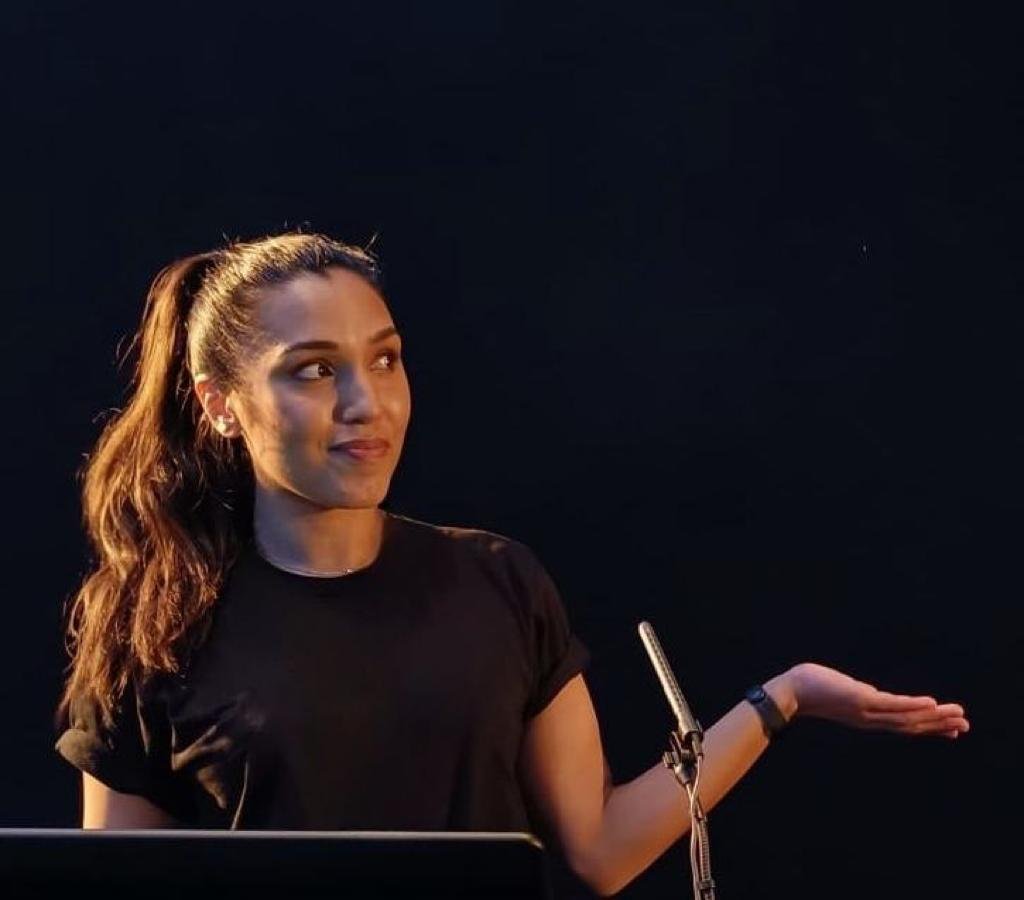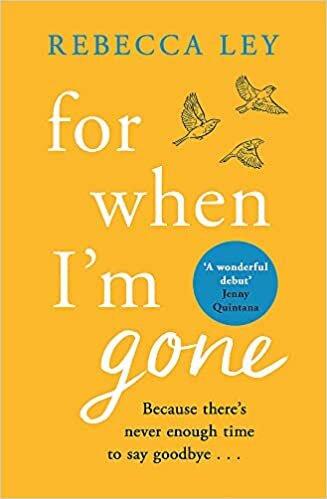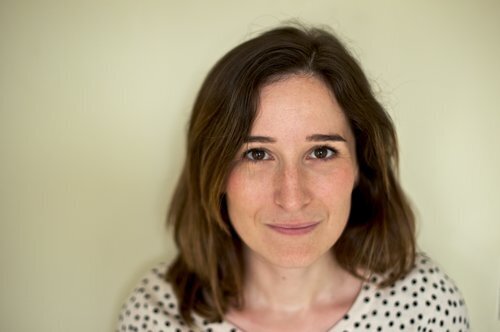Happy 2024!
We’re delighted to be kicking off the year with a spotlight on our Book Edit Writers’ Prize Shortlisted Novelists.
For the next few weeks, we’ll be featuring the work of these writers, with a link to a reading from their shortlisted entry. We hope you enjoy them as much as we have!
First up, we have Bianca Aye and Grayson Anderson.
Bianca Aye is a British-Burmese (or Myanmarese) writer, raised on eighties action films and whodunits in the North of England. She has lived in London for the past decade, and in 2022 she attended the HarperCollins Author Academy for fiction. When she isn’t writing YA Fantasy or contemporary RomComs, Bianca takes long walks to fix plot-holes and creates wonderful disasters in the kitchen. Contact Bianca on: https://www.instagram.com/bmayewrites/
https://www.tiktok.com/@bianca.767
The City of Stolen Ether
Maya, a mixed-race teen, returns to a secret, magical London to investigate her grandmother’s mysterious death. She sneaks around its underworld until a notorious crime syndicate starts hunting her. Accompanied by a motley crew of allies (and a boy she hates), Maya infiltrates an elite, dangerous magical school, and uncovers a sinister conspiracy. To expose the truth, she devises a scheme. But with enemies everywhere, one misstep could make her the syndicate’s next victim, or their new favourite weapon.
Grayson Anderson is a British born Jamaican author and poet. Raised in South London, he has spent most of his life writing. His catalogue of work contains songs, poetry, a science fiction trilogy, and an opinion-based non-fiction book relating to the idiosyncrasies of gender in society. He considers himself a student of humanity, culture, and nature. He can be contacted on twitter: Grayson Anderson@Capprona or email: Grayson.anderson.e006@gmail.com.
Wayne’s Night Out
Gavin, his brother, Wayne, and their two friends have pre-wedding night drinks in their old haunts around South London. All four are hiding key elements of their life. Shame. Despair. Infidelity. And in Wayne’s case, doubt. This night, each of the four are forced to face their dilemmas whilst in the face of their peers. None more so than Wayne. His choices have ramifications that affect them all. This is the first in a tetralogy.
Congratulations, Bianca and Grayson! We hope you enjoyed their readings as much as we did.
Next week, we’ll hear from two more shortlisted writers so watch this space!
Want to find our more about what we offer at the Book Edit? Hit the button below and we will get back to you with more information.








